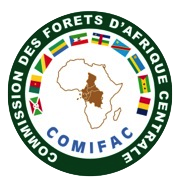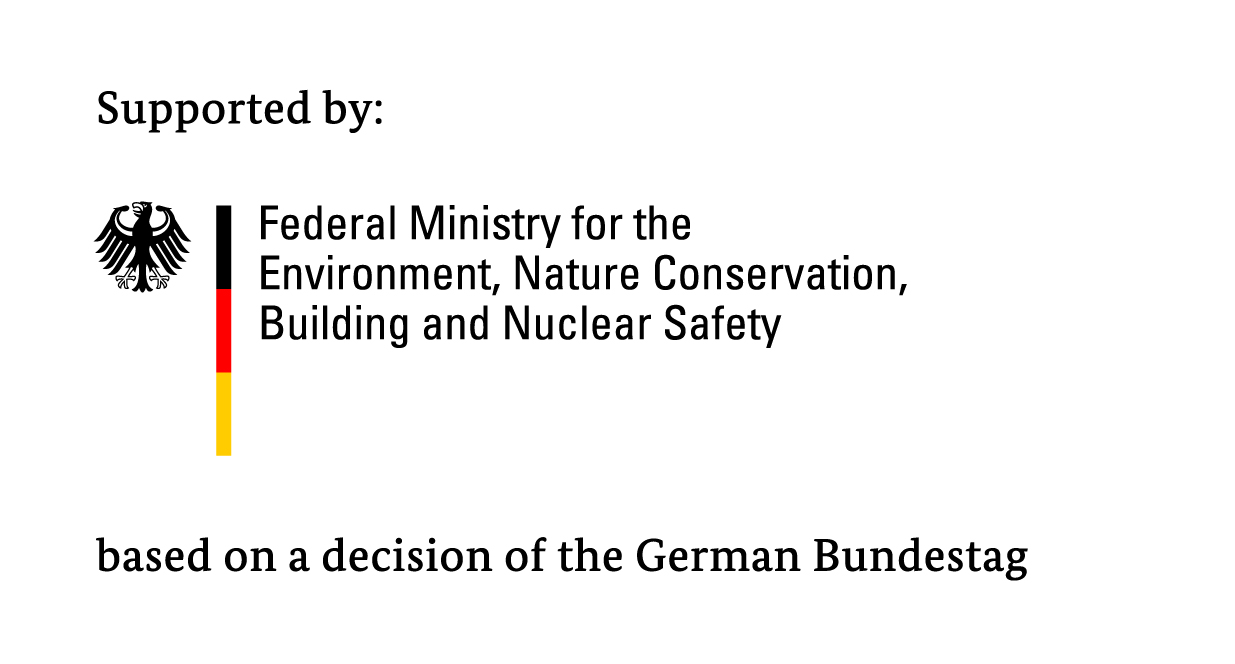
Last Sunday Brazilian President Dilma Rousseff presented the country's Indented Nationally Determined Contribution (INDC) at the UN summit in New York. The commitments made in the Brazilian INDC for the agriculture and forestry sector are based on the GLOBIOM-Brazil model developed under the REDD-PAC project.
Observers note that Brazil is the first major country to commit to absolute emissions reductions from a base year, as opposed to reductions per unit of GDP. The agriculture and forestry sectors contribute to the commitment with a 12 million hectares reforestation initiatives and a definite end of illegal deforestation by the year 2030. But the INDC is sparse with information how and what the sectors can contribute and what are the assumptions about the future of the Brazilian agriculture underlying the INDC.
Against this backdrop, a report describing in more detail the results and methodology adopted by the Brazilian government will be launched at an event organized by the São Paulo Research Foundation (Portuguese acronym: FAPESP) on 7 October. This event will also provide further background to activities in Brazil in relation to COP-21 in Paris taking place later this year.
Event details
COP21:A ciência da sustentabilidade na FAPESP (COP21: Sustainability research at FAPESP)
Auditório da FAPESP
Rua Pio XI, 1500
Alto da Lapa/São Paulo, SP

International Institute for Applied Systems Analysis

National Institute for Space Research - Brazil

Commission des forets d'Afrique Centrale/Central African Forests Commission

United Nations Environment Programme World Conservation Monitoring Centre

Instituto de Pesquisa Econômica Aplicada

Germany International Climate Initiative
